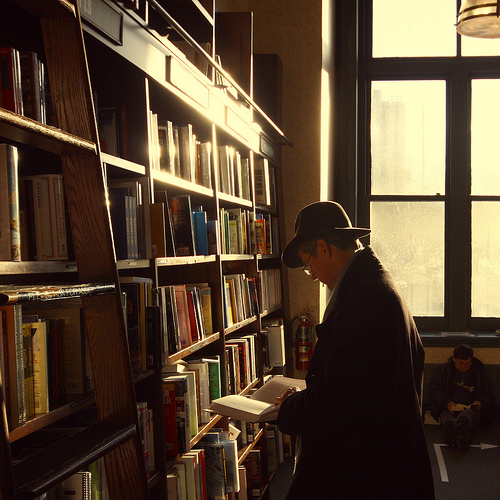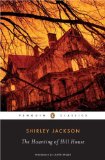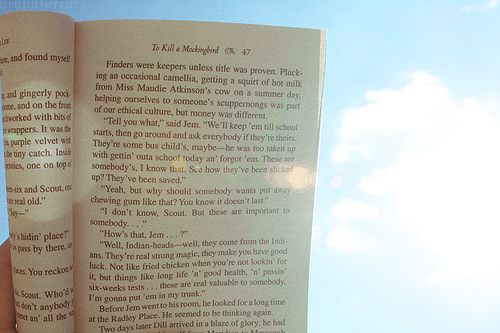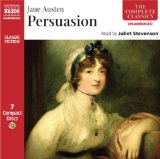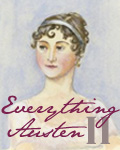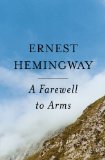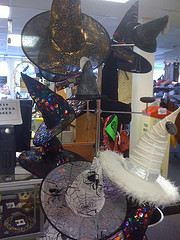I re-started Mansfield Park last night. It’s the only one of Jane Austen’s complete novels (not counting Sanditon or Lady Susan) that I haven’t read. I’m not sure I’ll be enough of a completist to read Sanditon or Lady Susan. I do want to try to finish Mansfield Park by the end of the year because it’s the last thing I need to do for the Everything Austen Challenge. It would be nice to say I completed every challenge I attempted this year, which I will be able to do if I finish Mansfield Park. Plus it’s just something I want to be able to say I did—read all of Jane Austen’s novels, that is. I’ve read the first four chapters, and it’s definitely not grabbing me the way her other novels have, but I knew going in that this novel was not as popular or well-liked, and I expected it. Fanny Price is a little bit of a Cinderella, isn’t she? I like Edmund though. Nice guy.
My husband watched Twilight today. It was fun. I have to say that there is a certain species of teenage girl—the kind that felt awkward and gawky and completely unworthy of being noticed by a cute boy—that Stephenie Meyer captures well in her series. Yes, I know Bella Swan is not the best role model ever, but she is recognizable.
Yikes. It’s snowing here in Atlanta, and I’m going to have to drive in it to pick up my daughter. Hope the other Atlanta drivers chill out and stay home. What are you reading on this cold, wintry day?
